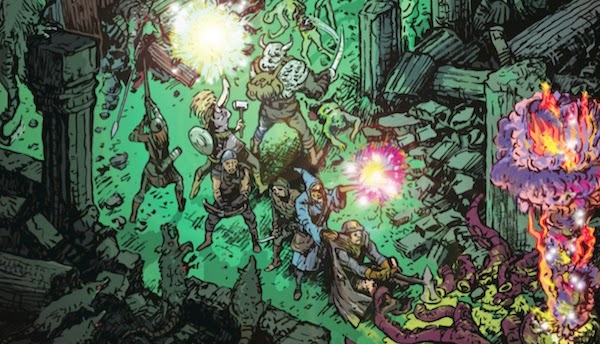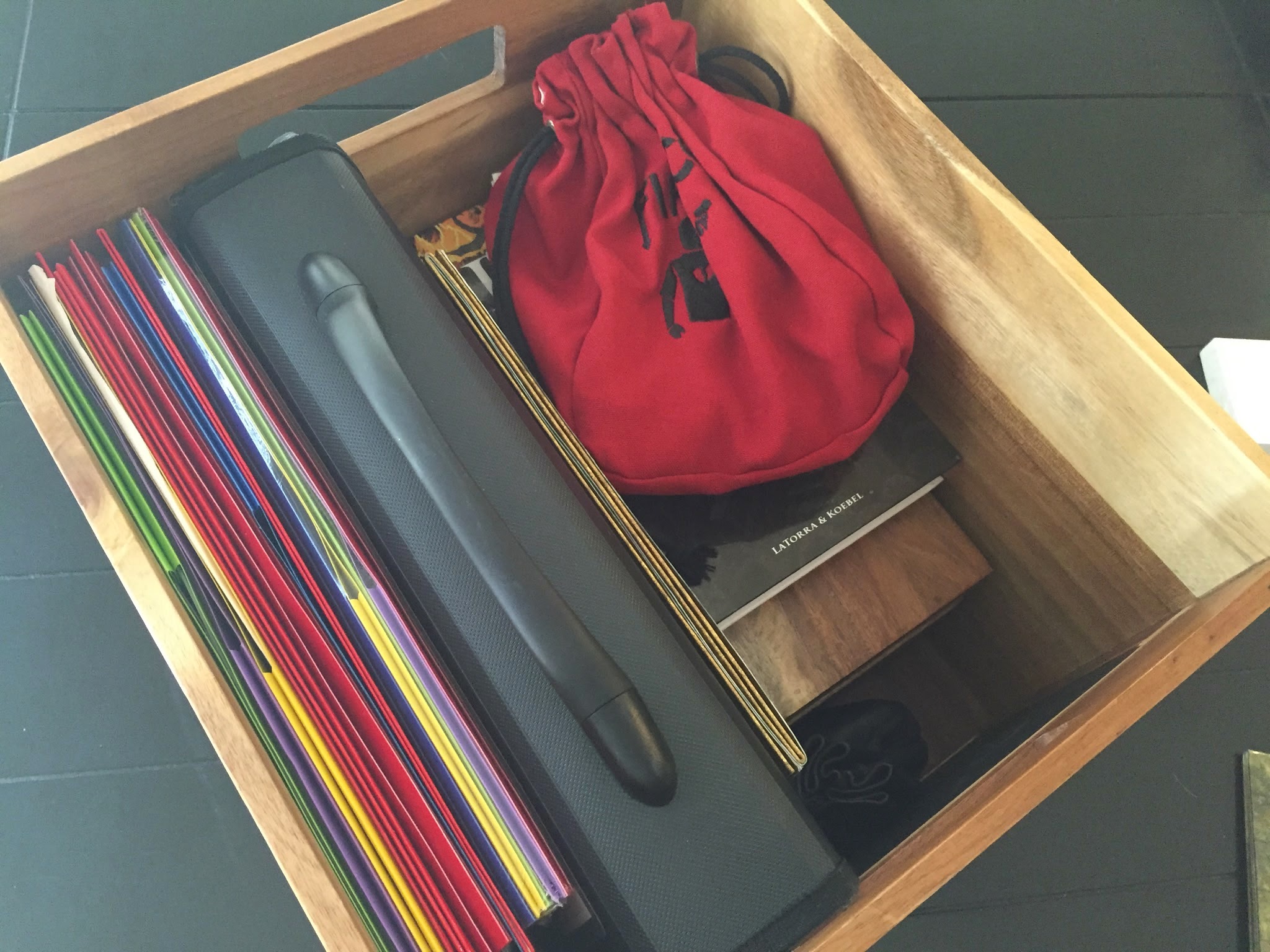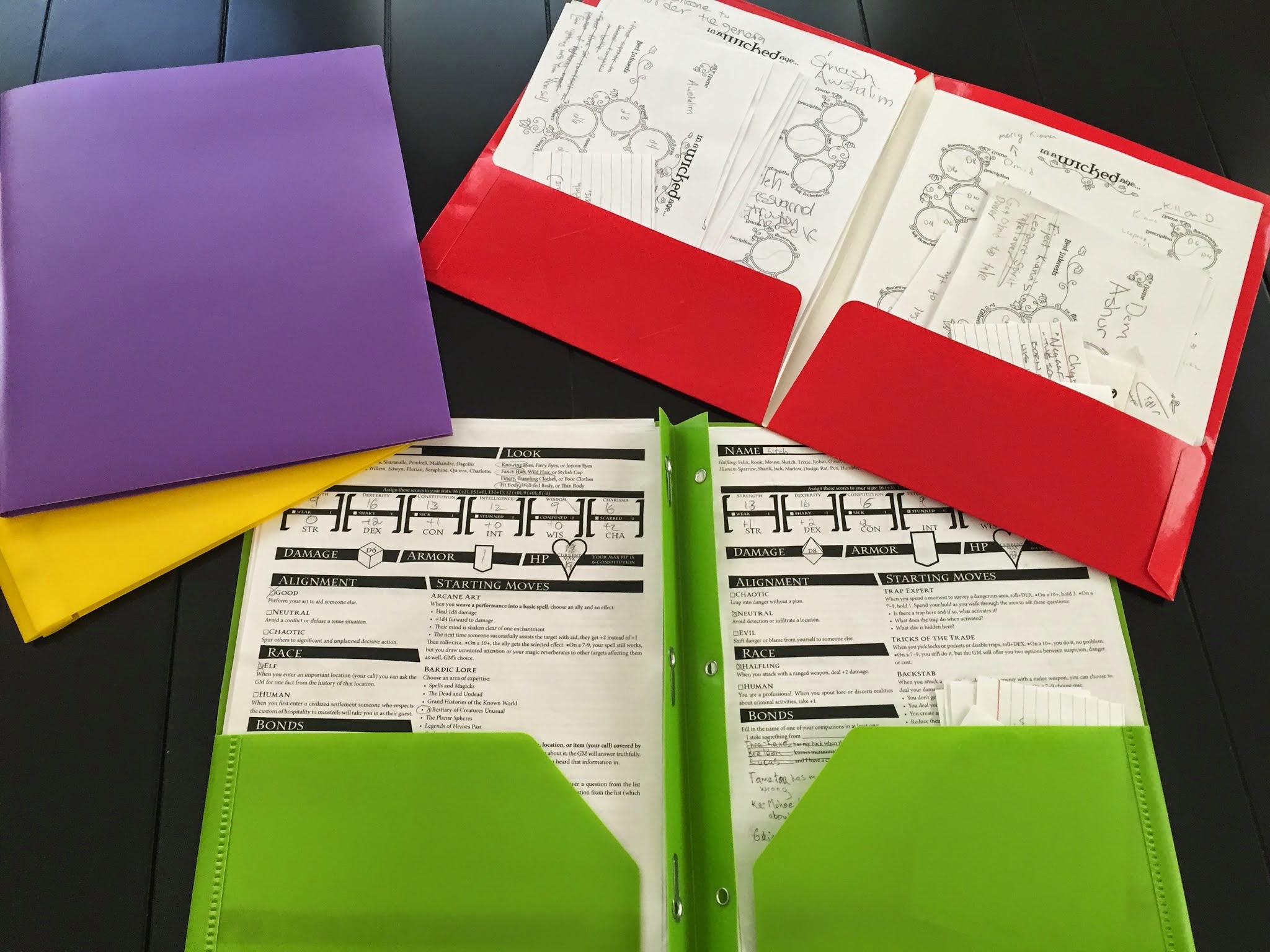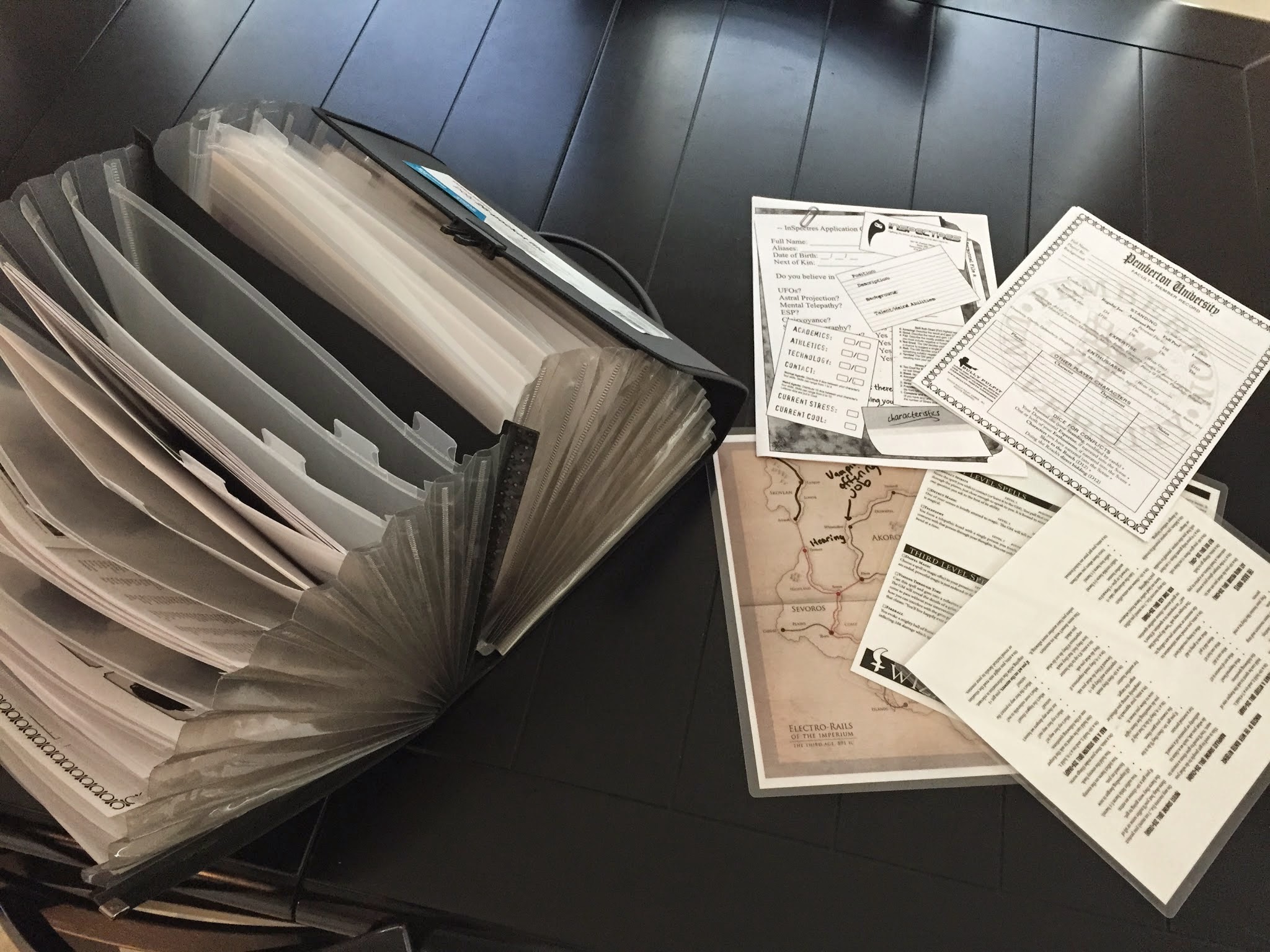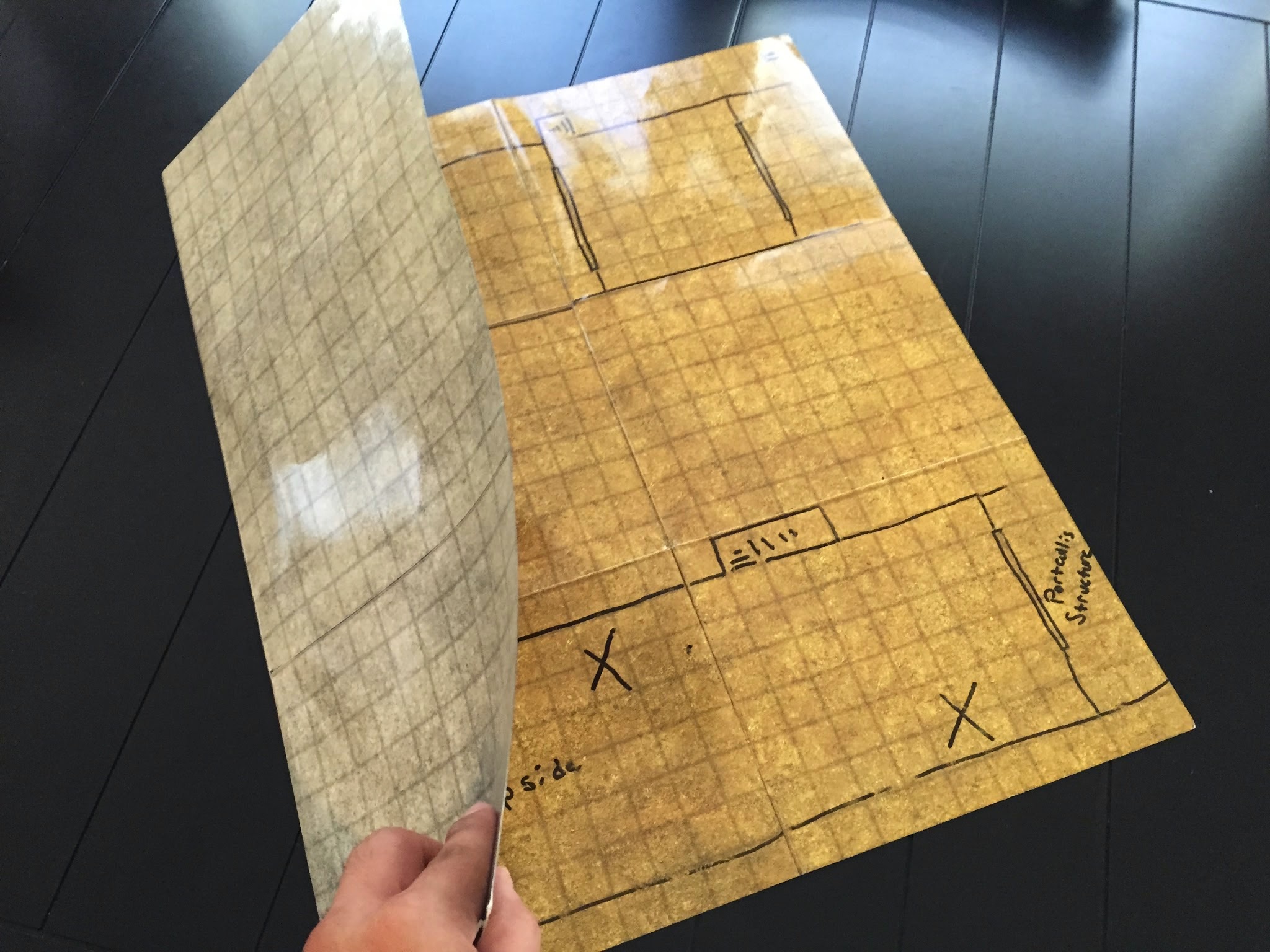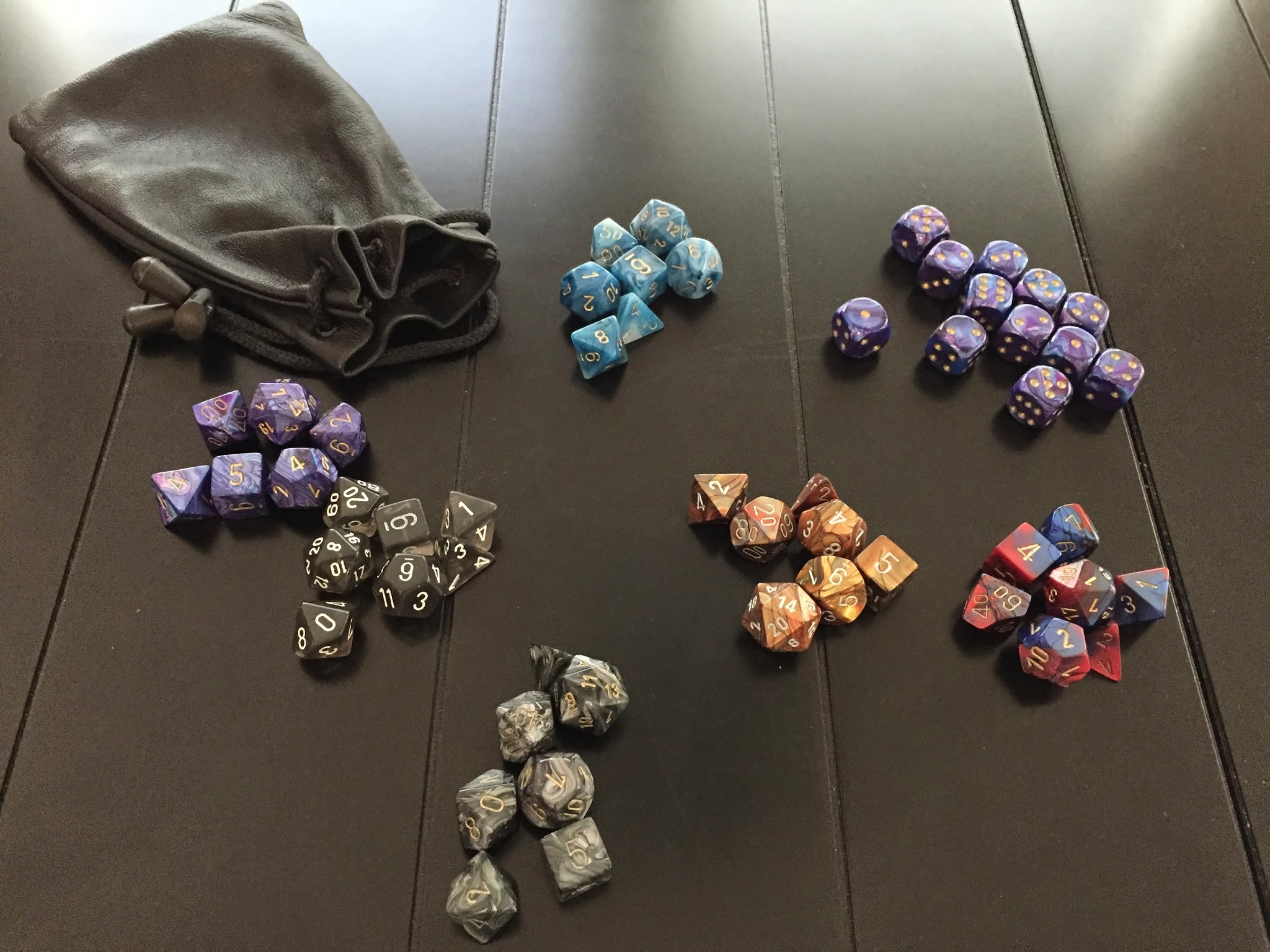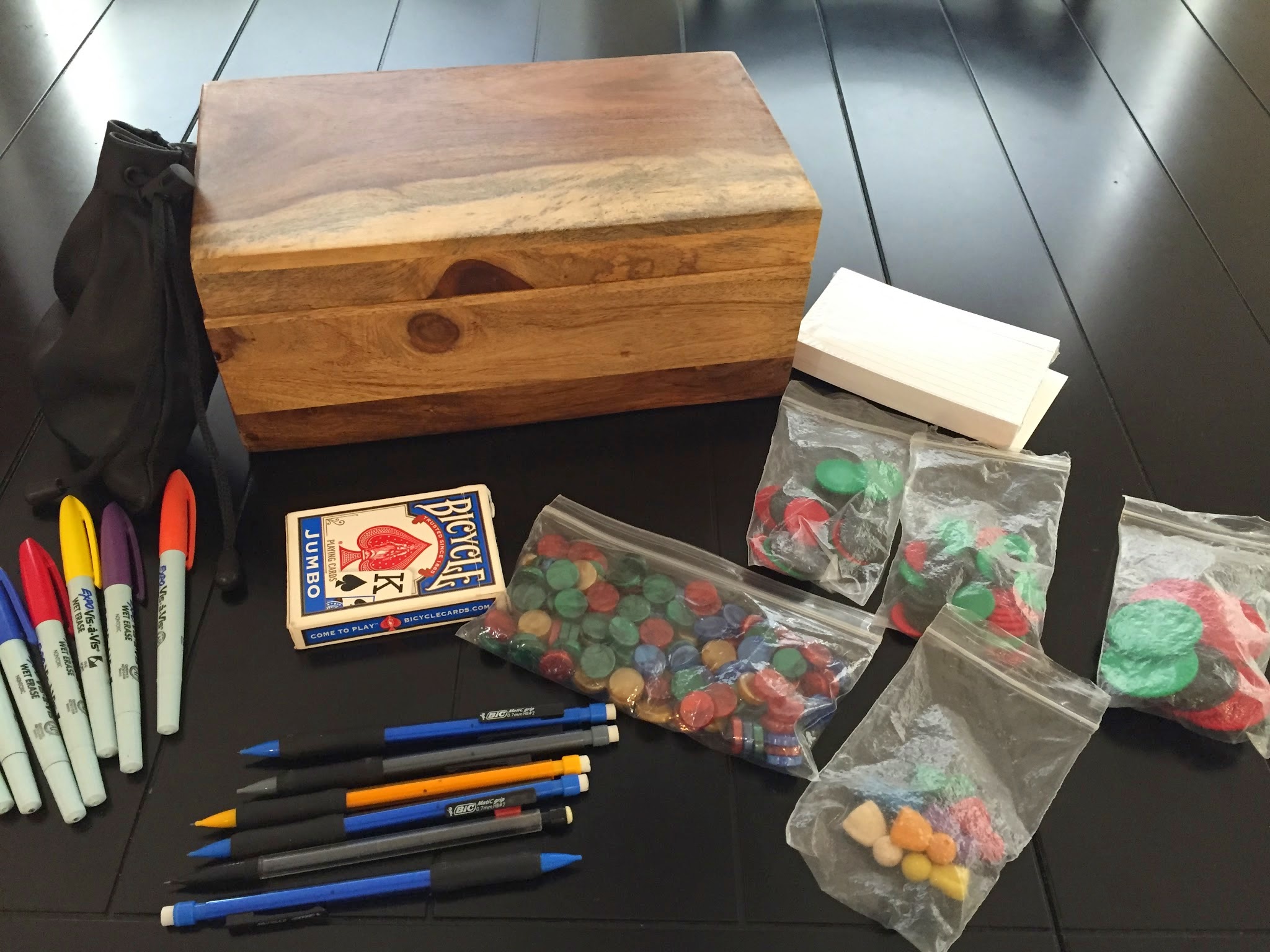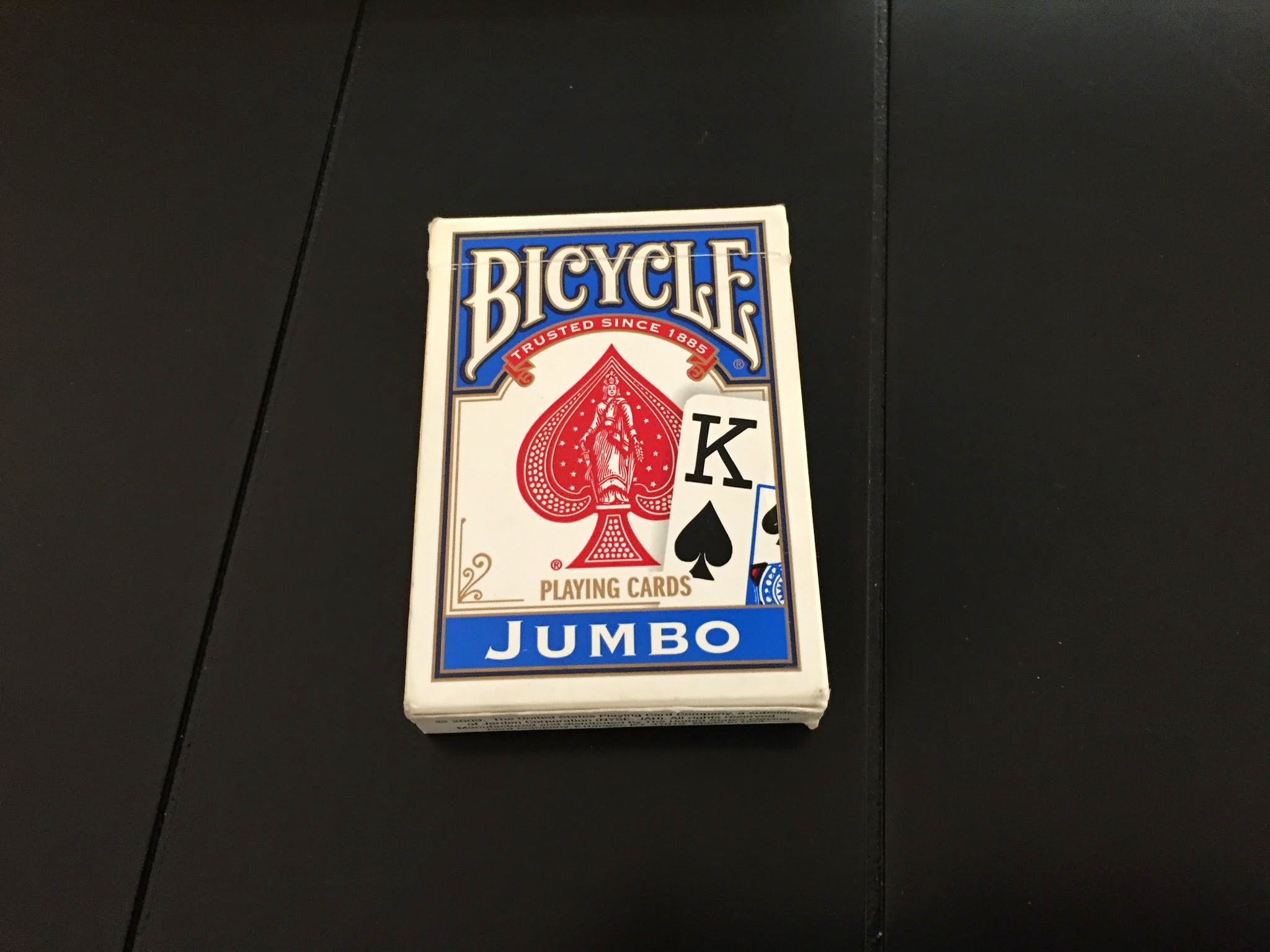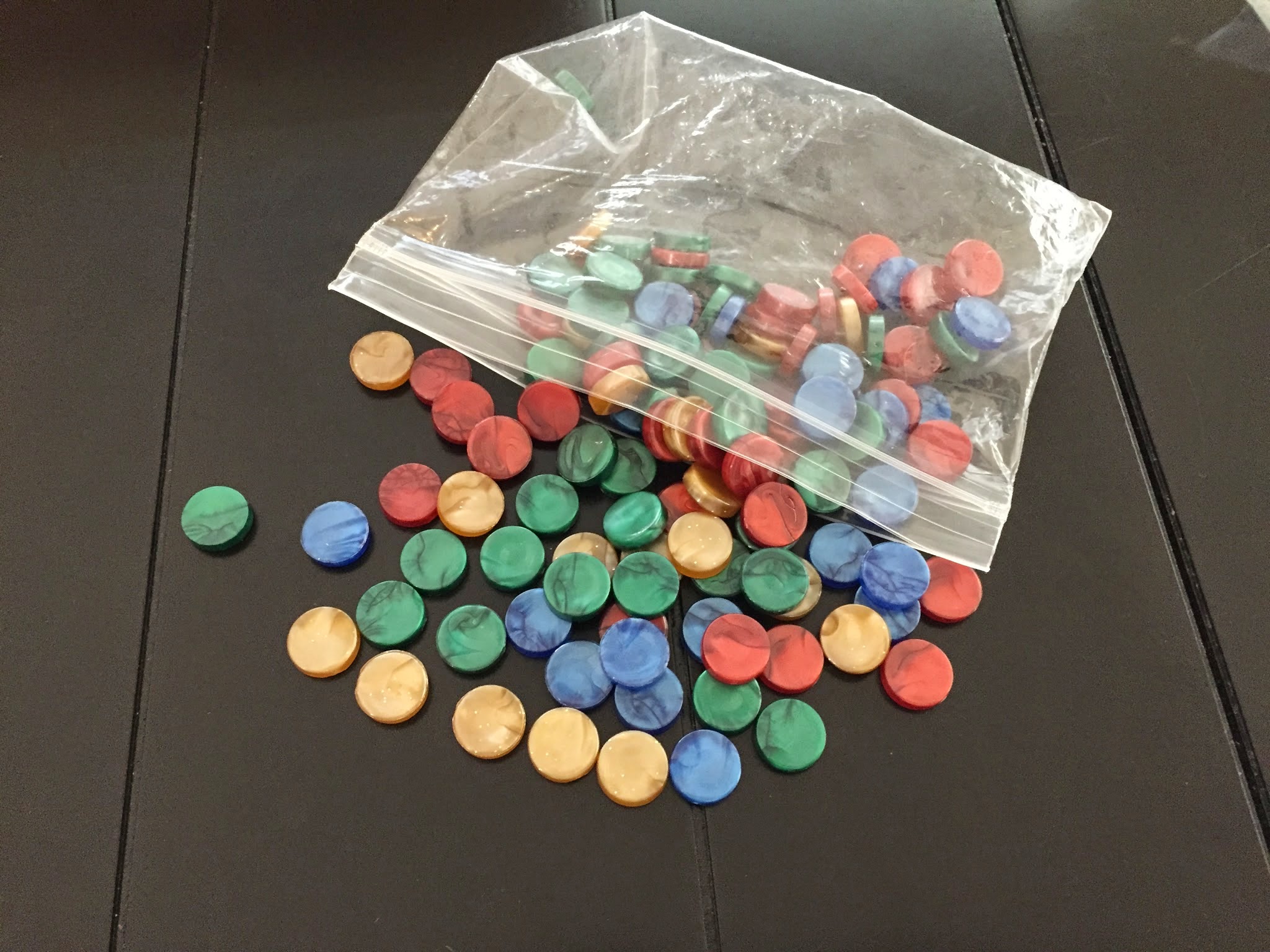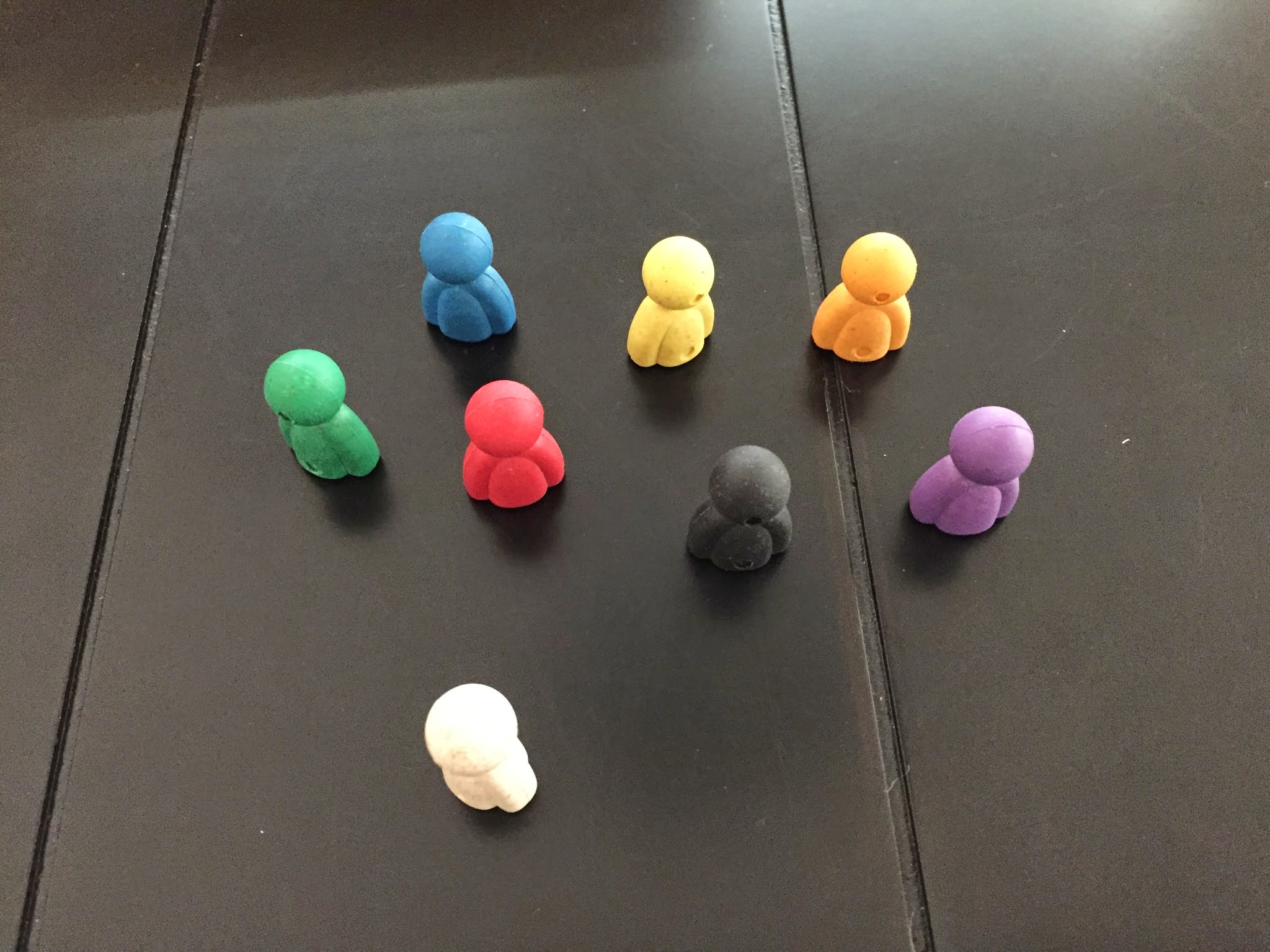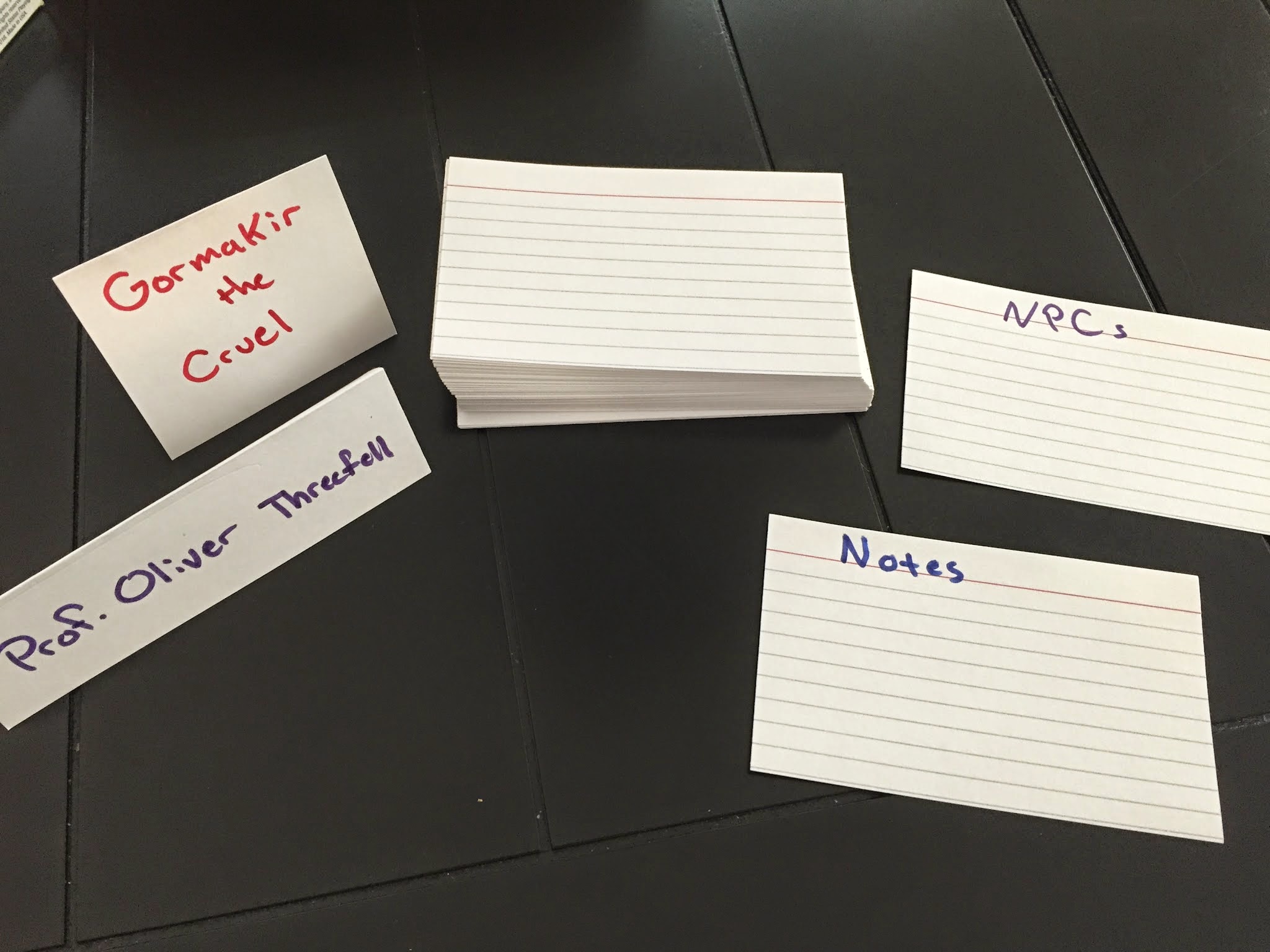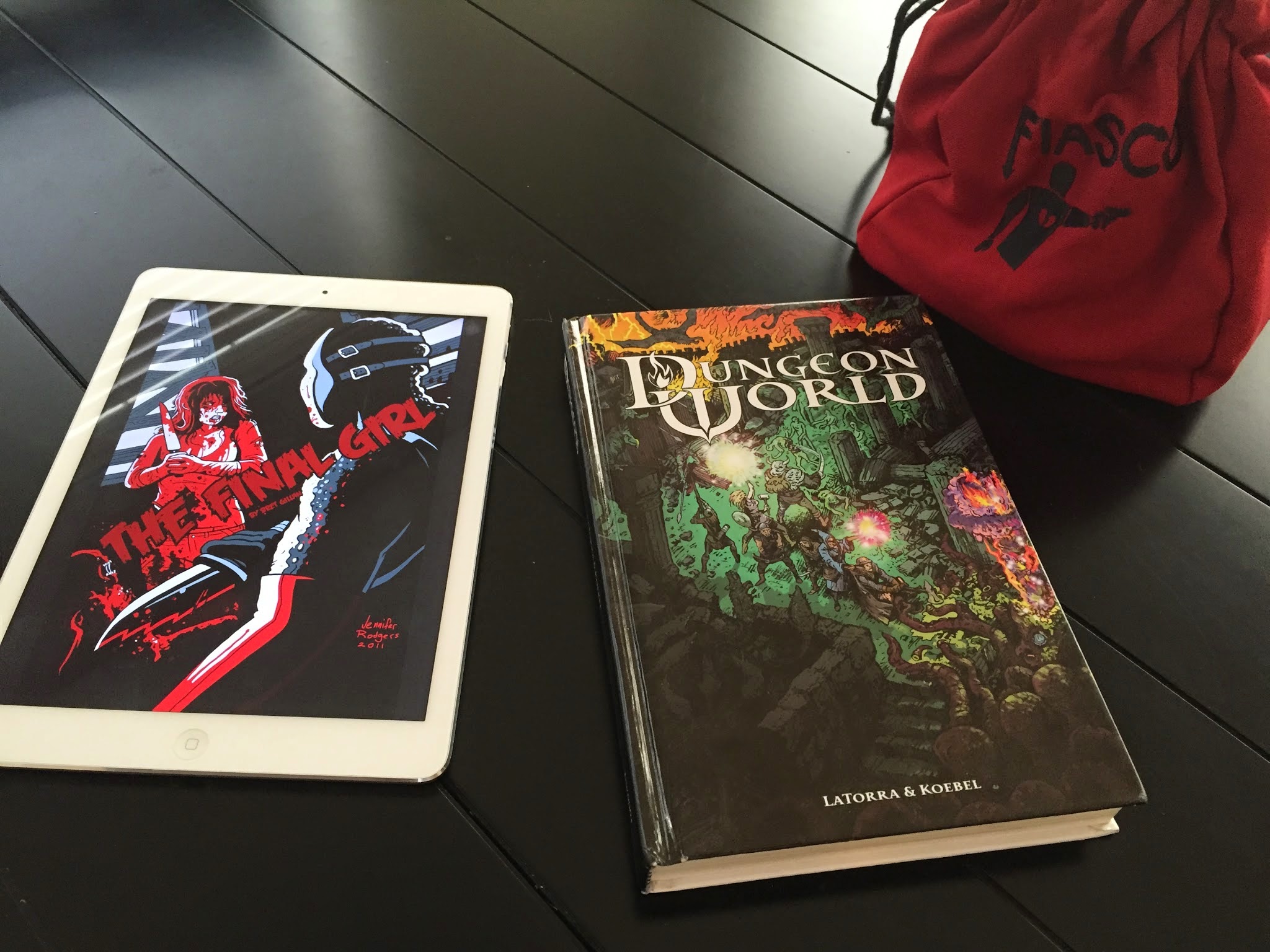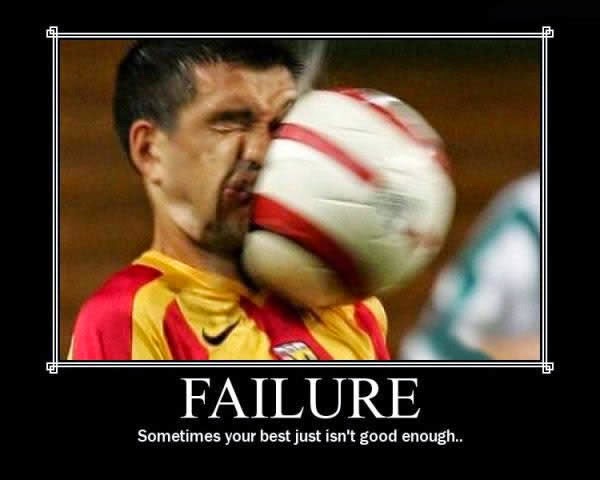
“And that was only one of the many occasions on which I met my death, an experience which I don’t hesitate strongly to recommend.”
—Baron Munchausen
Adventures happen when plans fail and people find themselves out of their element. In dungeon world, and role playing in general, you should never worry about failing a roll. Out of character we can all calculate odds and say that the barbarian should always step aside and demand that the thief check every door, chest, square foot in a dungeon. but would the barbarian do this? Is this fun?
I remember a D&D mechanic called “taking 20” that simply represented your character repeating an attempted action until it succeeded, thrilling. We could assume our characters strategize take their time and leave nothing to chance. they succeed at everything and avoid any chance of failure or danger. we can summarize this by having the DM specify a length of time, probably in days, that a specific dungeon requires to complete without risk. Sounds fun right, make sure you bring a lot of rations.
alternatively your barbarian can kick in that door. sometimes he startles goblin guards and gets a free attack. other times the door explodes into flames and he must decide if he should charge through the flames or try to shield his companions. In DW he also gets an XP. Maybe the thief writes down a new bond “Grognar the Mighty is dangerous if left alone” and that changes their relation ship. stuff happens!
do not be afraid to fail. it won’t cause you any real pain and unless your character is really unlucky, they will probably survive. not all failures cause damage, not all failures even affect your character. In DW your character won’t grow without failing a lot of rolls. even if your character dies, you get a last breath roll. some of the most epic situations I have witnessed revolved around a player dying, or almost dying.
It also doesn’t always make sense for your character to avoid certain actions. sure your ranger never attended an arcane university and wont even attempt to identify the function of a magical animated machine with rune inscribed planets orbiting a glowing crystal. But he might recognize a gently humming bow from legends he heard from old hunters about the song-tree Elves. the druid might have higher wisdom but if someone has to discern realities about a battlefield or fortress or spout lore about a siege engine, the fighter might be the guy to look to.
Your character should always do what make sense for your character to do in light of who they are and what they know. Its actually rare for a real person to really understand their short comings. we don’t know our exact stats or the potential outcomes of particular actions. we do our best and generally hope for success. I have no hope of lifting 400lbs but I might stand up to some jerk who can. not everyone can program in C but they can tell me that they think my program is messed up because of what they observe it doing. they might be totally wrong (I never make mistakes) but they are making a valid attempt.
Sorry for the rant…

